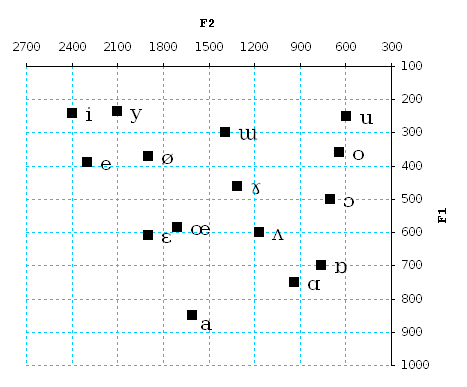Well, yes, this is why I was dubious that such languages exist: given that both clitic pronouns and dropped pronouns act as reduced forms of reference, there isn’t really much point in having both.akam chinjir wrote: ↑Tue Jun 02, 2020 10:05 pmHmm, I think usually when you allow pro-drop, overt pronouns mostly only show up for contrast or focus or something, which you'd think would require an independent form. But it's also not hard to imagine having a three-way distinction here, like maybe a clitic pronoun (only) for a topic switch. Don't know any examples though.bradrn wrote: ↑Tue Jun 02, 2020 8:34 pm No, that wasn’t what I was talking about. Basically, if you have a language with pronominal clitics (for subjects, say), you can do either ‘I see you’ or ‘1s=see you’. If you have a language with pervasive zero anaphora, you can do either ‘I see you’ or ‘∅ see you’. I was asking whether I could combine those two strategies; that is, whether there are any languages which can do any of ‘I see you’ (with a full NP), ‘1s=see you’ (with a clitic), ‘∅ see you’ (with no clitic and zero anaphora).
Further on this topic, I first became aware of zero anaphora in this post by chris_notts, citing Huang:
If languages with pronominal clitics don’t tend to have zero anaphora, does that mean that they tend to be ‘syntactic’ rather than ‘pragmatic’ in Huang’s dichotomy? Or can all of the above still apply in a language with pronominal clitics, if you replace ‘zeros’ with ‘pronominal clitics’?chris_notts wrote: ↑Fri May 01, 2020 4:09 pmThe crucial point here for the previous discussion is that zeros are widely used, and not in a syntactically restricted way. Multiple zeros can occur in the same clause, with different antecedents, not restricted to be the marked topic of a previous or matrix clause … a zero in a subordinate clause is controlled by the matrix subject (and topic) in the first example, and by the matrix recipient (and non-topic) in the other. The choice is pragmatically driven, not syntactic rule driven, except for the fact that some restrictions come from the choice of matrix verb "promise" …Huang wrote: Let me start with the pragmaticness of anaphora in a pragmatic language. If we compare a prototypical pragmatic language (such as Chinese, Japanese, and Korean) with a prototypical syntactic language (such as English, French and German), we will find that anaphora in the former behaves in a more pragmatic way than that in the latter (see e.g. Huang 1994 for a detailed analysis of Chinese). More specifically, a pragmatic language seems to have the following characteristics as far as anaphora goes.
Anaphora in a pragmatic language
(a) Massive occurrence of zero anaphora
(b) Existence of pragmatic zero anaphors or empty pragmatic categories
(c) Pragmatic obligatory control
(d) Long-distance reflexivization
(This was really my motivation for asking the question in the first place: I’d like my language to be more ‘pragmatic’ with lots of zeros and anaphora, but I also really like the idea of having a mostly-isolating language which nonetheless has lots of clitics, particularly pronominal clitics. I’m trying to figure out how much of each I can have, or if I can only have one and need to sacrifice the other.)
Could you give an example? To my knowledge, English doesn’t have any clitic pronouns, and has only exceedingly rare pro-drop.(Okay, one example: apparently my English allows all three options with first person singular, at least.)

